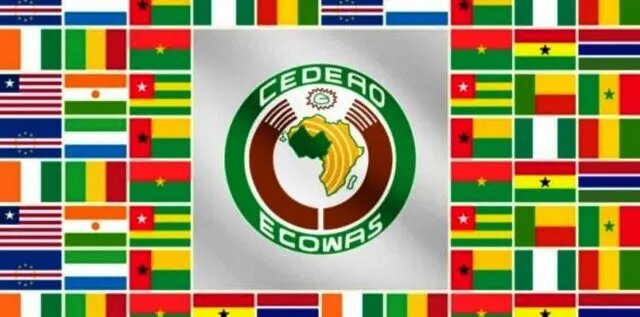The Economic Community of West African States (ECOWAS) has allocated a training grant of $77,942 to empower 150 farmers in Bauchi State and the Federal Capital Territory (FCT), in a bid to bolster food security in Nigeria. These beneficiaries are members of the Community Allied Farmers Association of Nigeria (COMAFAS).
Mrs. Massandje Toure-Litse, the ECOWAS Commissioner for Economic Affairs and Agriculture, announced this during the inauguration of a poultry training workshop for the beneficiaries in Orozo, Abuja.
Toure-Litse emphasized that this grant aims to enhance the capacity of young individuals to participate effectively in agricultural value chains and food production. She highlighted that poultry and fisheries are key drivers of the sub-region’s economy and development.
ECOWAS has meticulously developed quality training modules and organized the training of 3,032 young people, with 30% being women and 70% men, Toure-Litse stated.
She reiterated that improved agricultural productivity and competitiveness in West Africa can have a positive impact on food security, economic development, and livelihoods in the sub-region. The ECOWAS Agriculture Policy remains the guiding framework for the 15 member states, prioritizing agricultural productivity and competitiveness.
The program is designed to bolster the capacity of young and women farmers, facilitate their access to resources and markets, and encourage their involvement in agribusiness. Toure-Litse stressed the urgency of intervention in gender participation in agriculture, as well as youth employment in various agricultural sectors.
Dr. Austine Maduka, Founder/President of COMAFAS, highlighted that despite the expansion of the poultry industry in Nigeria, it can only meet 30% of the nation’s demands for poultry products. The training aims to educate young farmers on best practices for starting and managing poultry production.
The partnership with ECOWAS is expected to fortify efforts to ensure the availability of meat and other food products, while also imparting relevant skills for sustainable poverty reduction strategies.
Out of the 150 beneficiaries, 75 will receive training in poultry farming in the FCT, while the remaining 75 will undergo training in fish farming in Bauchi. The FCT beneficiaries were provided with 50 birds each, along with bags of poultry feeds and drugs as initial capital.










